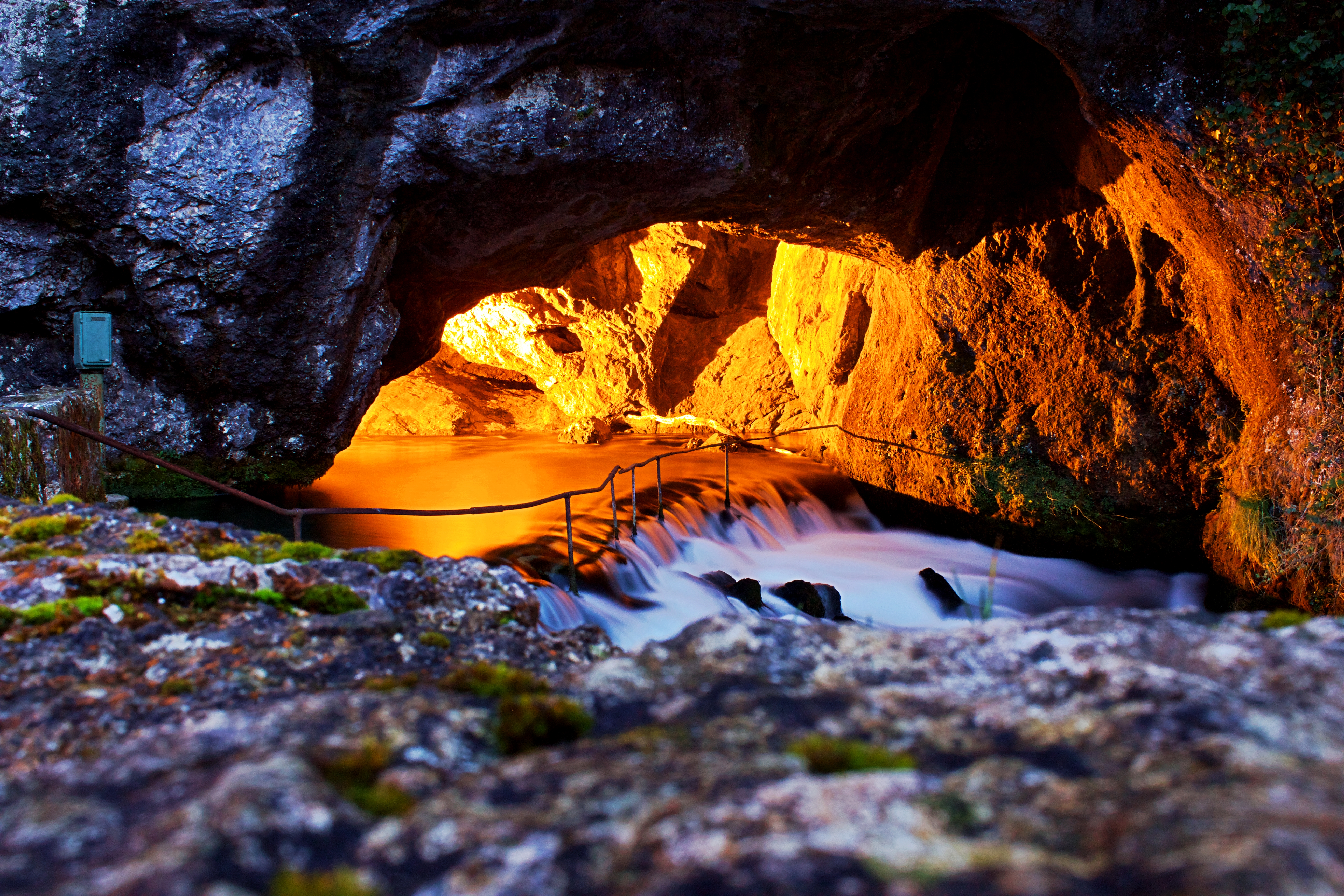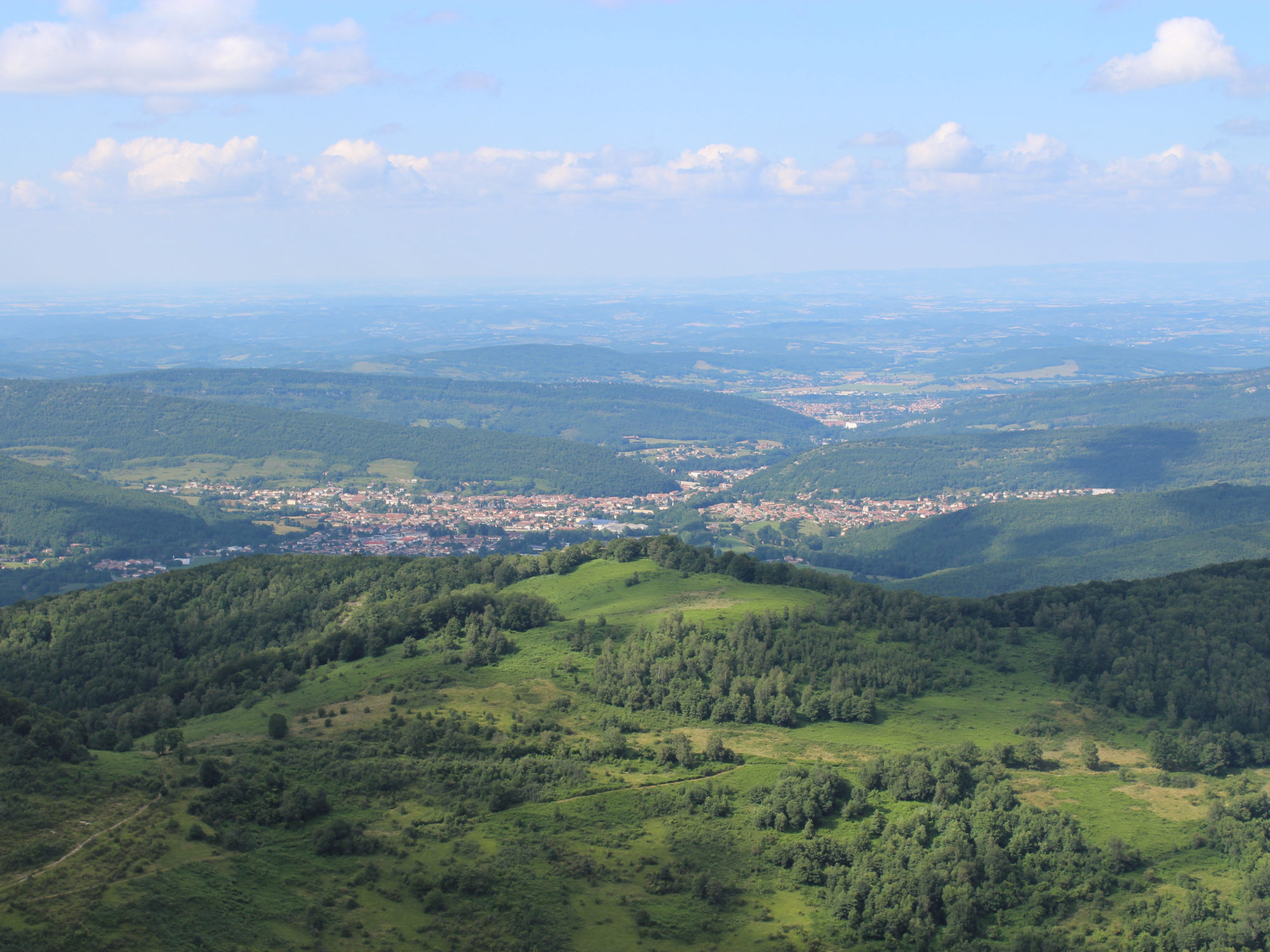
“In my heart is a small flake, just born, an egg: longing for the Pyrenees.”
― Kurt Tucholsky “A book on the Pyrenees”
Kurt Tucholsky was a German-Jewish journalist, satirist and writer. Born in Berlin, he moved to Paris in 1924 and then to Sweden in 1930.
He writes with a certain dry and sometimes a little mean humor. He remains an observer, one whose observations are always spot on and meaningful and he also has an eye for the quiet beauty of the Pyrenees, the breathtaking vastness of mountains and the spectacular views.
Tucholsky was one of the most important journalists of the Weimar Republic.
He was simultaneously a satirist, an author of satirical political revues, a songwriter, and a poet. He saw himself as a left-wing democrat and pacifist and warned against anti-democratic tendencies—above all in politics, the military, and justice—and the threat of National Socialism. His fears were confirmed when the Nazis came to power in 1933: his books were listed on the Nazi’s censorship as “Entartete Kunst” (“Degenerate Art”) and burned.
Tucholsky calls attention to the political influence of the German and French provinces.
Both had the potential to sway parliamentary election outcomes. The difference was, however, that – unlike the Germans – the French provinces had a left wing which in 1924 had effected a shift to the left in the election.
Tucholsky’s feuilleton articles written in France make repeated references to French liberalism highlighting the country’s anti-war stance and the absence of militarism. He observes in complimentary tones: ‘Nie auch die leiseste Bewegung gegen die Fremden, niemals ein auch nur passiver Widerstand gegen deutsche Laute. Das interessiert sie gar nicht. Sie wollen in Frieden leben.’ This differentiated it from what he perceived as the growing nationalism and xenophobia in Germany, which he consistently criticized from France.
